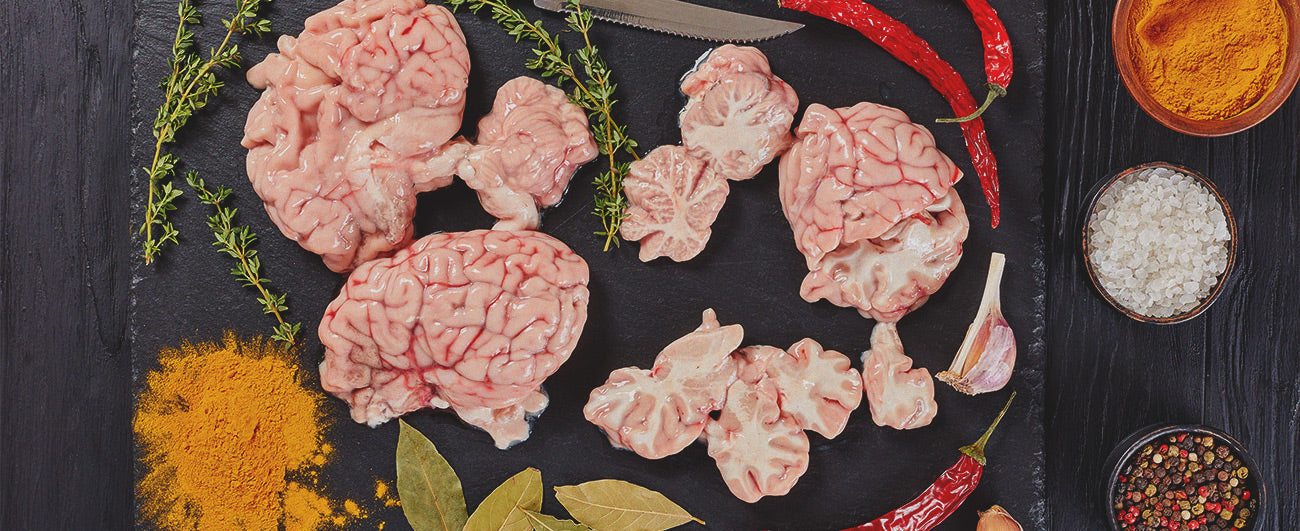Brain Fog – It’s a thing
Have you become a bit of a couch potato during the Covid crisis? Have you found that your brain is a bit foggy and not thinking properly? No – you are not going crazy. You probably just need to turn off Netflix for a bit and exercise your brain. Brain fog is a real thing. We have all experienced walking into another room and forgetting what you went into that room for. Plenty of people will recount stories of driving down the road and forgetting where they are going. If you are experiencing the age brain fog – then you may need to exercise your brain to protect your memory and thinking capabilities.
What causes brain fog?
- Stress. According to the NASD 90% of ailments are caused by stress so it not surprising to see stress at the top of our list.
-
Poor quality sleep
-
Changes to progesterone and estrogen levels
-
Diet. In particular lack of Vitamin B12
-
Medical conditions associated with inflammation, fatigue, or changes in blood glucose levels
Other conditions that may contribute to experiencing brain fog may include:
anemia, depression, diabetes, Sjögren syndrome, migraines, Alzheimer’s disease, hypothyroidism, autoimmune diseases such as lupus, arthritis, and multiple sclerosis, dehydration.

Researchers at the University of British Columbia discovered that regular exercise boosts the size of the hippocampus. What governs this part of the brain? Verbal memory and learning. The prefrontal cortex has a greater volume in people that exercise as opposed to people that don’t.
The preference is for exercise that gets the heart pumping and increases your heart rate. Increased breathing pumps more oxygen into the bloodstream, thus blood flows to the brain, giving your brain more oxygen and nutrients. Dopamine and endorphin chemicals are released into the brain. You could say this is the body’s ‘happy ‘pill’ that relieves stress. Serotonin and norepinephrine are neuro-transmitters released when exercising – also boosting your disposition. Mood and sleep is improved with exercise, which indirectly reduces anxiety. The neurological benefits are clear and significant.
If you don’t like the social interaction of club sports, that’s OK. You may prefer the gym solitude. Exercise just means moving your body parts. Something as simple as Tai Chi or yoga may suit you. Tai Chi has all-encompassing movements that significantly enhance cognition.

Currently, about 40 million people around the globe have dementia and estimates by 2050 record that as many as 115 million people will have dementia worldwide. Do take these figures lightly, as extrapolated computer models are known to be so very wrong in many circumstances. Let’s just say that a substantial increase in numbers is predicted. How has this come about?
With the advent of cars, trains and planes, it is universally accepted that mankind has got lazier than our ancestors and we now live a sedentary lifestyle. In the 21st century, we have the digital technological revolution. Screen time can be as high as 4-5 hours daily and humans have become an unfit, inactive and overweight society. It is our brains that are paying the price for this inertia.
As the baby boomers age into retirement years, more and more studies are being conducted on the elderly. This year, a promising study was released showing that after exercise a liver protein was released into the blood and may be responsible for improved cognitive function. It is thought this may even promote the growth of new neurons in the brain.
Start by walking to get your heart pumping. Regarded as a realistic and accessible exercise, it is a good starting point. Studies recommend walking briskly for 1 hour, twice a week. I played competitive sport for 40 years of my life and the very thought of walking bores me to death. Working out in a gym also bores me senseless. I just can’t get my brain interacting with this sort of exercise. No size fits all – right? Whatever motivates you though, commit to it, because that exercise is like medicine to your body. Keeping an active mind means our thinking skills decline less.
However, as we age our limitations increase. The knees may not work as well as they used to. So, what do you replace this with to keep your brain boosted?
Maybe a few tips will stimulate you:
-
Play cards with the grandkids. I personally love ‘500’.
-
Join a bridge club. Not only are you thinking about what your partner has in their hand, but it will become a social event to look forward to.
-
Learn a new language for mental sharpness. The internet and Apps on your mobile phone can help here.
-
Crossword puzzles make you word literate. Dementia trials at the University of Exeter Medical School discovered that this produced better brain function in later life.
-
Sudoku puzzles will appeal to the numbers side of your mind. You will fare better on memory and cognitive tests.
-
Gardening. Nothing better than raking leaves or digging the soil to pump the blood.
-
Art and craft clubs will teach you everything from knitting to lace making.
-
Dancing and singing to music – this will stretch the creative particles in your mind.
-
Volunteer to help a charity. I’m sure administration skills will tax your brain.
-
And my absolute favourite, especially when rain pelts the roof – curl up in bed with a book. Not just an ordinary novel though. Read biographies, history, conspiracy theories and politics. Then you have subjects to teach and debate with the kids and grandkids.

Turmeric for Brain Health
Studies have shown that turmeric has brain protective properties, reduces inflammation, and promotes antioxidant defence. It also regulates neurotransmitters and vital protein levels that support brain health. Turmeric may attenuate anxiety and stress as well as improve the efficiency of some antidepressants, as well as ameliorates sleep deprivation and protects cognition and memory.
-
Turmeric studies have been linked to increased brain function and neuron activity
-
It can help combat brain for by combating oxidative stress
-
Turmeric can stimulate brain cells creating proteins such a brain-derived neurotrophic factor
-
Scientists believe that curcumin, the active ingredient in Turmeric can improve cognitive function
Last and by no means least, there is the seduction of coconut oil and the debate on ‘oiling’ the brain tissues, to keep them in prime condition. Food to feed the brain is a whole separate blog on its own. Enjoy your day!

